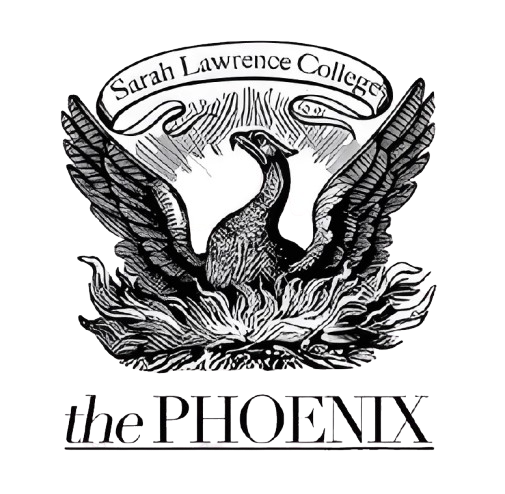Chloe Reads: Scott Guild’s “Plastic”
Chloe Tomasso ‘25
Book cover image courtesy of Penguin Random House website
The chicken is boiling on the stove. While you wait, you decide to step into your Smartbody, a virtual reality suit designed to take you anywhere you desire - anything to escape from the grave and daunting threat of terrorism. Inside the world of the Smartbody, every seemingly impossible opportunity is in the palm of your plastic hands. But outside, an eco-terrorist rebellion rages on. For protagonist Erin, the Smartbody is a means to mourn her losses, create life and experience love. Author Scott Guild’s 2024 debut novel, “Plastic”, is a delightfully strange and imaginative forewarning of what is to come, and how we may be able to repair what has already been broken.
“Plastic” spotlights Erin, “a plastic girl living in a plastic world” navigating everyday life in an eerily near-apocalyptic future. After the deaths of her father and lover, Erin uses virtual reality to escape from her pain. When she meets cynical-yet-sweet Jacob after an attack on her workplace, she faces the challenge of revealing the truth of her past to him as their relationship grows. Together, they form a beautiful connection in the virtual realm (as well as outside of their Smartbodies), despite the unprecedented circumstances plaguing their world. Erin’s relationships are the highlight of the novel. Erin is revealed most through her interactions with others. Particularly, her strained relationship with her eco-terrorist sister, Fiona, a young woman seeking justice for their dead father.
Contrasting chapters in the novel focus on Erin’s favorite sitcom, “Nuclear Family”. The show is set in an unidentified time period years prior to the novel’s present. “Nuclear Family” contextualizes the events that lead up to the reality Erin experiences. This timeline serves as a subtle absurdist reflection of our current socio-political climate. It parodies infamous political figures and references the emergence of new artificial intelligence. The “Nuclear Family” chapters are silly and lighten the darker tones of Erin-centric chapters. However, the connection between “Nuclear Family” and Erin’s personal life is predictable too soon into the novel, thus the “twist” of the story feels anticlimactic.
Guild uses “Plastic” as a political platform to express his own perspective. He appears to take a stance against the eco-terrorists who seek vengeance for the environmental harm done by large corporations. Erin’s character is a vessel for Guild to indirectly argue that eco-terrorism’s extreme violent methods are counterproductive and further harm the environment. However, at times this stance is underdeveloped and feels uncharacteristic of Erin. Erin understands the issue from a centrist and nuanced perspective, but at certain points, her beliefs seem as if Guild is imbuing his own ideals into the narrative. If Erin were to eventually side with the eco-terrorists, it would make for a more compelling story and protagonist.
Although the eco-terrorists’ attacks directly impact innocent civilians, their mission is justifiable. The politicians in the novel are materially responsible for the destruction of the environment, the commodification of artificial intelligence, the failing economy and the civil angst that occurs in the novel. Eco-terrorists in the world of “Plastic” seek radical vengeance for these injustices, by any means necessary. Guild may argue that fighting violence with violence creates greater injury, but his characterization of the extreme right contradicts that point. The ethics of the eco-terrorists’ role should be left to the interpretation of the reader. Guild’s personal beliefs interfere too much, causing a clash between his perspective and the story itself.
Guild released his novel in tandem with a concept album co-created with instrumentalist Cindertalk and producer Peter Katis. Indie electronic music artist Stranger Cat stars as Erin who narrates nine art-pop songs that coincide with the novel. “Plastic: The Album”provides audiences with an innovative way to further understand and explore the story told in the novel. The release of an album to complement a novel is an exciting concept for readers who enjoy music. It also experiments with the idea of audiobooks and oral fiction. Even if a listener is not interested in reading the novel, they can delve into the story through music. The pairing makes for greater accessibility to the media, asserting the idea that storytelling is not exclusive to one medium.

